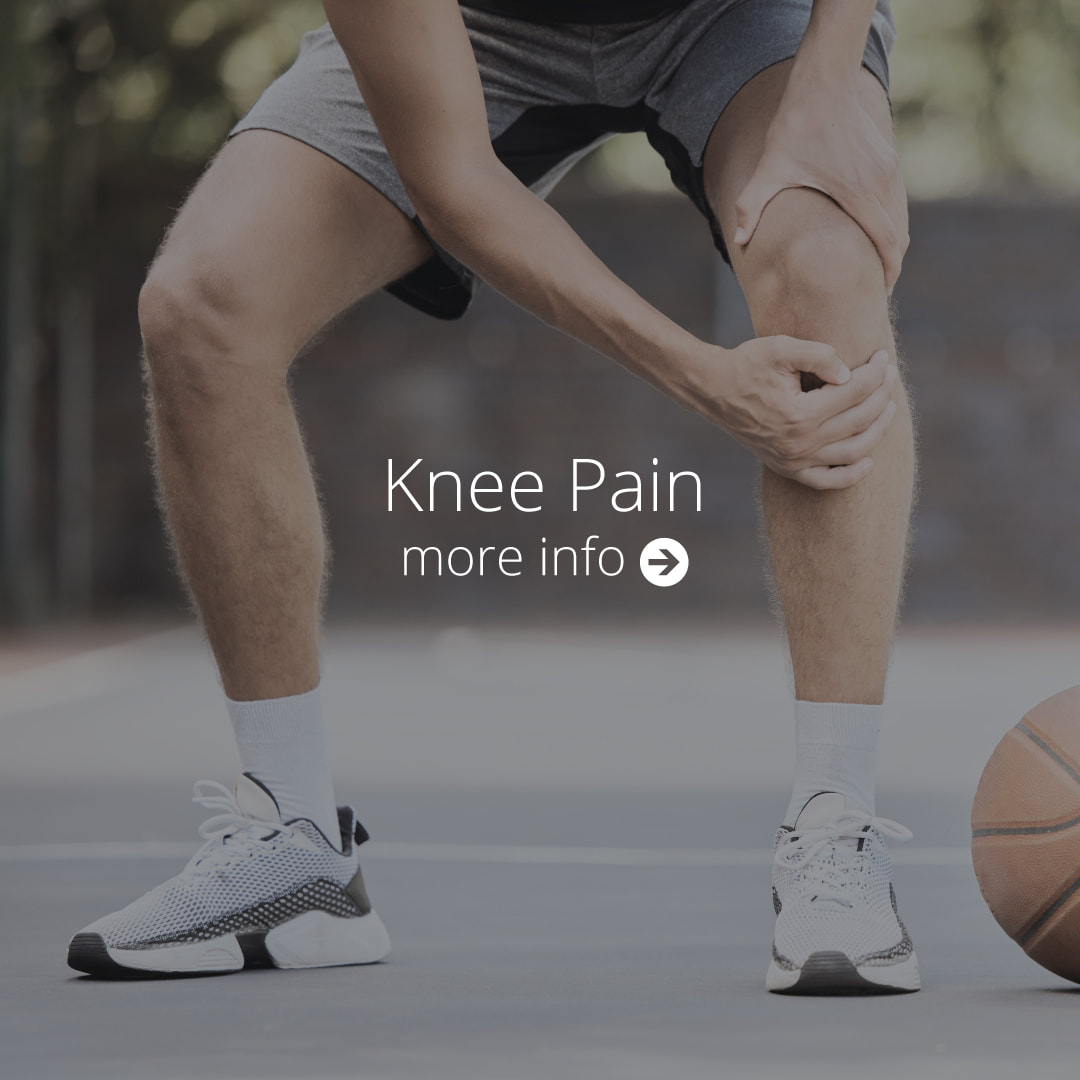Arthritis makes your joints swell and throb, and during a flare-up, the pain can be excruciating. If you're experiencing symptoms of arthritis, the team at Salina Ortho can help. They offer nonsurgical treatments, including regenerative medicine therapies, as well as advanced joint replacement surgery for patients struggling with arthritis. For expert care when you have chronic joint pain, call the office or request an appointment online today.
Arthritis Q & A
What is arthritis?
Arthritis takes many forms. Some are widespread, while others affect few people; what connects all forms of arthritis is that they cause joint pain.
Arthritis is most likely to appear in your:
However, it can affect any joint, including the small facet joints that link the vertebrae in your spine.
The symptoms of arthritis may vary in some respects, but typically, they include heat and throbbing pain in one or more of your joints. The pain isn't usually constant and may sometimes be relatively mild, but cycles through periods of intense pain known as flare-ups.
An arthritis flare-up typically occurs in response to a trigger, which could be a change in the weather, stress, or an alteration to your routine. As the disease progresses, your joints are likely to become more painful and weak and may start twisting out of shape.
Arthritis is most likely to appear in your:
- Hands
- Knees
- Hips
- Ankles
- Elbows
- Shoulders
- Wrists
However, it can affect any joint, including the small facet joints that link the vertebrae in your spine.
The symptoms of arthritis may vary in some respects, but typically, they include heat and throbbing pain in one or more of your joints. The pain isn't usually constant and may sometimes be relatively mild, but cycles through periods of intense pain known as flare-ups.
An arthritis flare-up typically occurs in response to a trigger, which could be a change in the weather, stress, or an alteration to your routine. As the disease progresses, your joints are likely to become more painful and weak and may start twisting out of shape.
What are the types of arthritis?
The two types of arthritis that affect more people than any other are:
Osteoarthritis
Osteoarthritis is the cause of joint pain in many older people, typically setting in during late middle age and worsening into old age. The reason osteoarthritis is so common is that it develops as a result of years of wear-and-tear on your joints.
Rheumatoid arthritis
Rheumatoid arthritis tends to affect people at a younger age. Unlike osteoarthritis, rheumatoid arthritis isn't a result of wear-and-tear but an immune system dysfunction that causes your body to destroy cells in your joint linings.
Other common forms of arthritis include septic arthritis, psoriatic arthritis, and gout.
Osteoarthritis
Osteoarthritis is the cause of joint pain in many older people, typically setting in during late middle age and worsening into old age. The reason osteoarthritis is so common is that it develops as a result of years of wear-and-tear on your joints.
Rheumatoid arthritis
Rheumatoid arthritis tends to affect people at a younger age. Unlike osteoarthritis, rheumatoid arthritis isn't a result of wear-and-tear but an immune system dysfunction that causes your body to destroy cells in your joint linings.
Other common forms of arthritis include septic arthritis, psoriatic arthritis, and gout.
How is arthritis treated?
At first, most people find their arthritis symptoms improve using nonsurgical treatments such as:
Remaining active as much as you can when you have arthritis is important, even if you find it uncomfortable. Becoming immobile hastens the stiffening of your joints and allows your muscles and connective tissues to weaken, which makes your symptoms worse.
Should you need additional therapies as your arthritis worsens, cortisone injections can reduce inflammation and relieve pain.
- Activity modification
- Exercise
- Physical therapy
- Medication
- Regenerative medicine techniques
Remaining active as much as you can when you have arthritis is important, even if you find it uncomfortable. Becoming immobile hastens the stiffening of your joints and allows your muscles and connective tissues to weaken, which makes your symptoms worse.
Should you need additional therapies as your arthritis worsens, cortisone injections can reduce inflammation and relieve pain.
Would I need surgery for my arthritis?
Unfortunately, there's no cure for arthritis, and conditions like osteoarthritis do tend to result in levels of deterioration beyond the scope of nonsurgical treatment.
If your arthritis is having a significant impact on your quality of life and current treatments aren't offering the help you need, Salina Ortho can perform joint replacement surgery.
To benefit from the team's expertise in arthritis treatments, call Salina Ortho today or request an appointment online.
If your arthritis is having a significant impact on your quality of life and current treatments aren't offering the help you need, Salina Ortho can perform joint replacement surgery.
To benefit from the team's expertise in arthritis treatments, call Salina Ortho today or request an appointment online.










